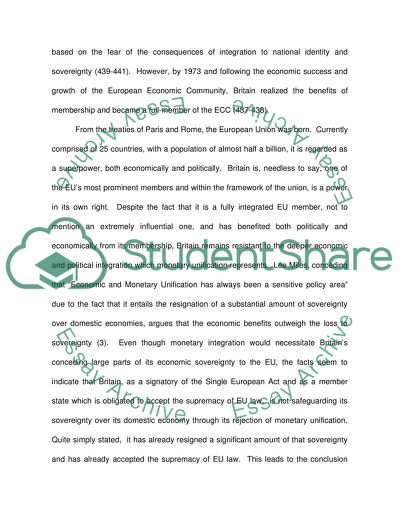Cite this document
(“Prerequisites for The European Union Formation and Its Development Research Paper”, n.d.)
Prerequisites for The European Union Formation and Its Development Research Paper. Retrieved from https://studentshare.org/politics/1528129-the-european-union-essay
Prerequisites for The European Union Formation and Its Development Research Paper. Retrieved from https://studentshare.org/politics/1528129-the-european-union-essay
(Prerequisites for The European Union Formation and Its Development Research Paper)
Prerequisites for The European Union Formation and Its Development Research Paper. https://studentshare.org/politics/1528129-the-european-union-essay.
Prerequisites for The European Union Formation and Its Development Research Paper. https://studentshare.org/politics/1528129-the-european-union-essay.
“Prerequisites for The European Union Formation and Its Development Research Paper”, n.d. https://studentshare.org/politics/1528129-the-european-union-essay.


